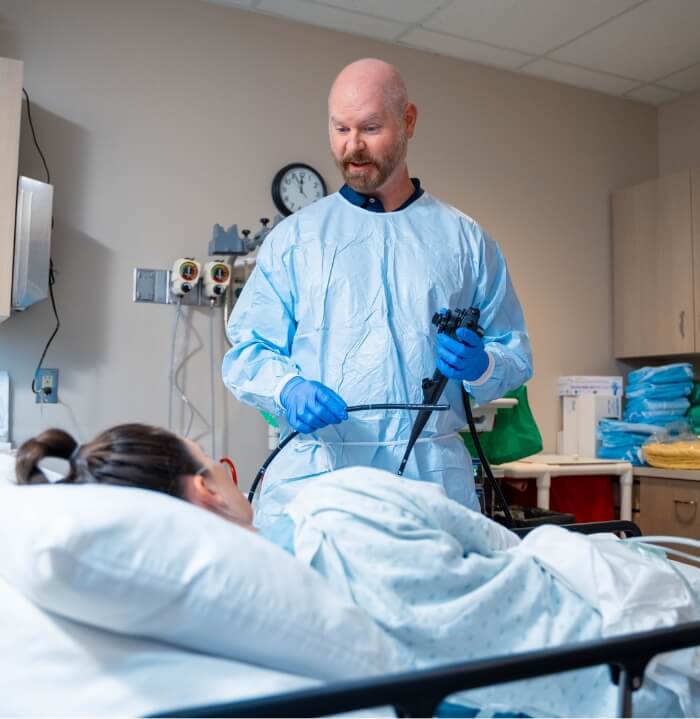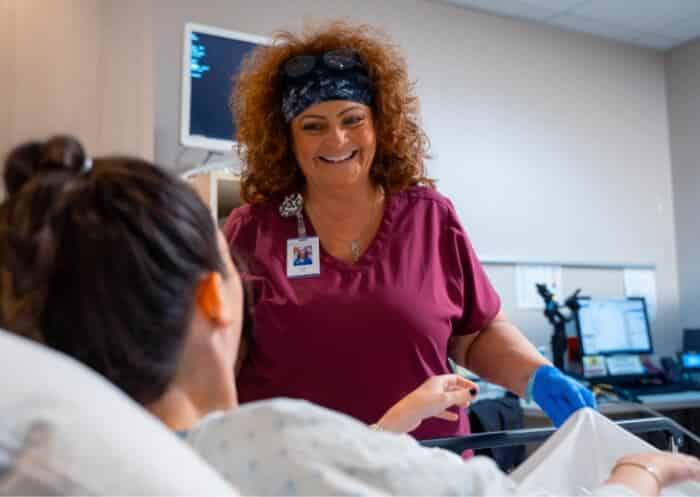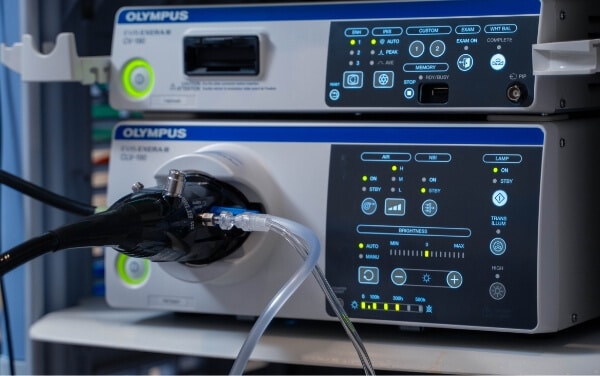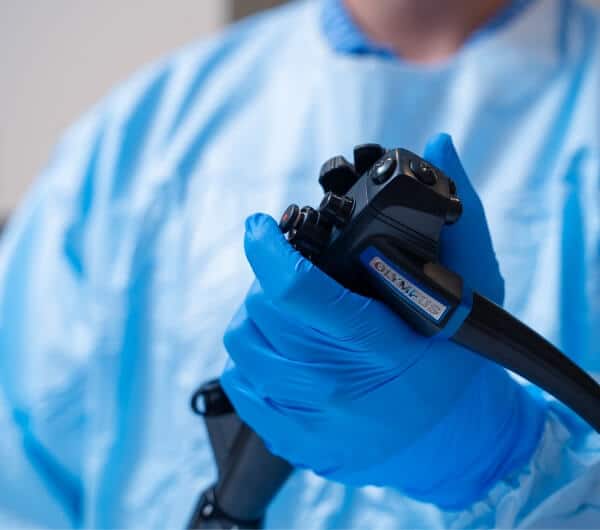Receive a Quick & Low-Risk Diagnostic Exam
An endoscopic ultrasound (EUS) is a precise diagnostic tool that provides highly detailed images. It’s often combined with conventional endoscopy to provide a comprehensive picture of structures in your gastrointestinal tract.
Let’s discover the cause of your gastrointestinal concerns.


Don’t spend another day in discomfort or fear.
You are in good hands with our experienced gastroenterologists.
Why Do You Need An Endoscopic Ultrasound?
Your gastroenterologist may recommend an endoscopic ultrasound if you are experiencing gastrointestinal bleeding, pain in your abdomen, frequent nausea and vomiting, or frequent problems swallowing.
An endoscopic ultrasound can provide a diagnosis for a variety of gastrointestinal conditions, including:
- Ulcers
- Anemia
- Gallbladder conditions
- Liver conditions
- Gastroesophageal reflux disease
- Celiac disease
- Chronic pancreatitis
- Esophageal inflammation or injury
- Stomach, intestinal, or esophageal cancers
Endoscopic ultrasound is an outpatient procedure performed at our Lexington Medical Center West Columbia and St. Andrews campus locations.

How to Prep
For Your Endoscopic Ultrasound
- We will provide you with specific instructions before your exam.
- Avoid eating or drinking anything at least 4 to 8 hours before your ultrasound.
- Stop taking any blood thinning medications or NSAIDs.
- Our staff is happy to assist you with any concerns or questions.
We are here for you.
What to Expect
The Day of Your Endoscopic Ultrasound
- When you arrive, we will make sure you feel comfortable and respected.
- Your gastroenterologist may give you a sedative before your procedure.
- A thin, flexible tube is placed into your mouth and guided down into your upper digestive system.
- The tube contains an ultrasound probe on the end which produces sound waves to form images of structures in your upper digestive system, including the small intestine, stomach, and esophagus.
- If any polyps or abnormal tissue is discovered, the polyps can be removed, and a tissue sample can be taken.



Getting Your Results
We will share your endoscopic ultrasound results with you immediately following your procedure.